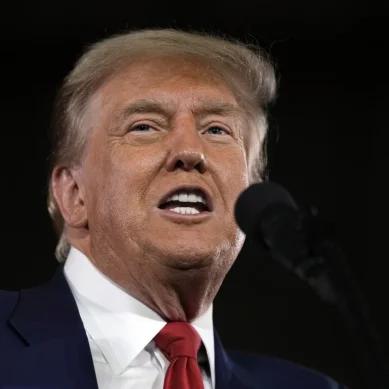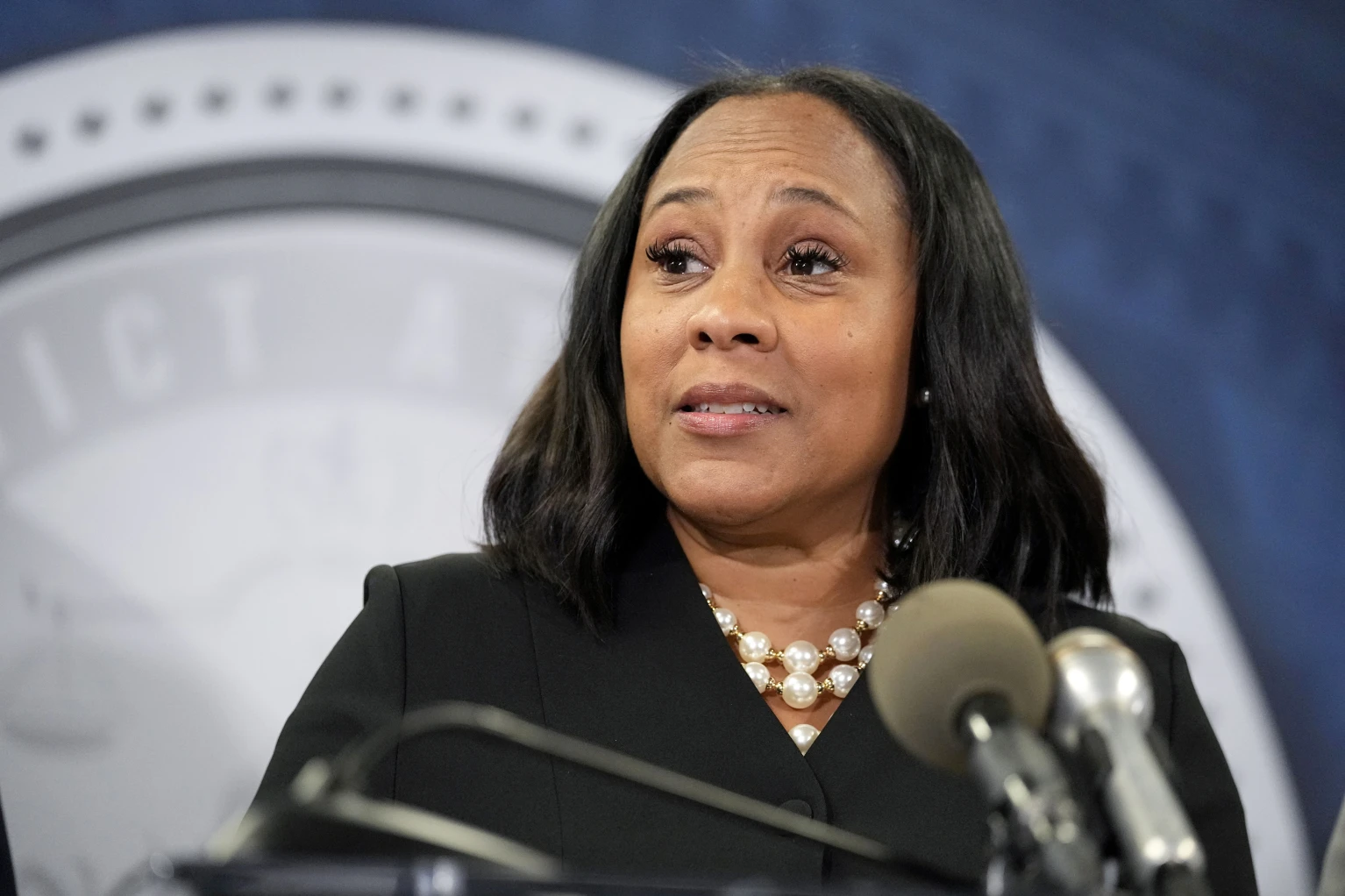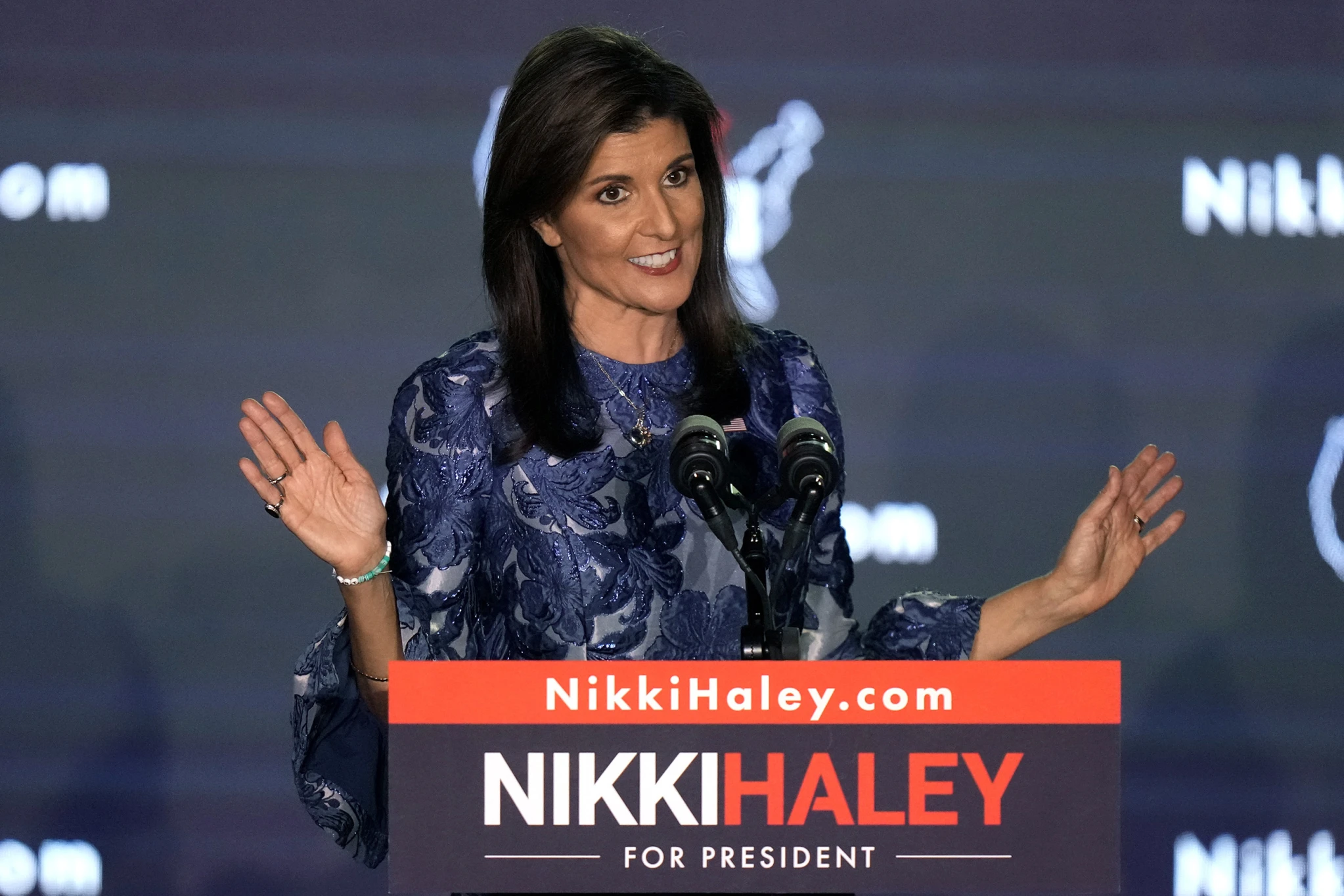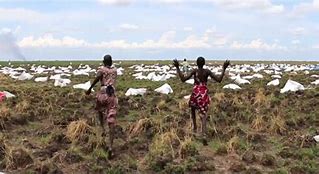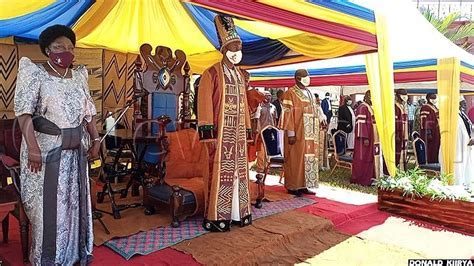
Busoga is rich in political resources but it is continually suffering from imposed political inequality, which has become exacerbated in the past 38 years of National Resistance Movement (NRM) political governance of Uganda.
In this article I want to discuss the diminishing political resources of Busoga just as its natural resource base is set to expand almost exponentially with the discovery that the area is extremely rich in gold and rare earth minerals.
In my recent article “Busoga mineral Rich but Financially and Politically Poor”, I argued that Busoga is rich in the following earth minerals: Cerium, Dysprosium erbium, Europium, Gadolinium, Holmium and Lanthanum, Aluminous clays, Yttrium, Gallium and Scandium. These can collectively be essential political resources in the development, transformation and progress of Busoga. Of course, they represent a potential spectrum of political resources Busoga can exploit to raise its bar in virtually everything
I always hesitate to start writing on something by defining something. However, sometimes I have had to define some of the concepts or ideas I have sought to discourse on. Since the gist of my article is political resources, let me define the concept of political resources. After defining it, I will have to show how political resources are measured. To do this I will take a cue from Political Inequality: A Blog Since 2010. Indeed, as it states, the definition and measurement of political inequality cannot be done without first understanding what political resources mean.
But what is political inequality anyway? According to Political Inequality Blog, “Political Inequality is the structured differences in political influence over government decisions and the outcomes of those decisions”. This article will show that Busoga’s influence on government decisions regarding its social, economic, political, ecological and environmental interests has declined almost meteorically over time as its political influence dwindled; especially over the last 38 years. I will show that Busoga of today has lost meaningful and effective voice regarding its interests in virtually every sphere of human endeavour and life.
What is happening reflects the strategic interests of a few men and women in power in Kampala. These have enhanced their own political resources at the expense of Busoga and other regions of Uganda, in such a way that all decisions and their outcomes are determined at the centre and the regions are almost just inert consumers of the decisions and the outcomes thereof.
So, what are political resources?
Political resources, according to Political Inequality Blog, is a dimension of social stratification, including the ability to influence both governance processes and public policy. Therefore, when this happens, in the case of Busoga, the region becomes just a consumer of governance strategies and public policy choices. Even if the region may have people called Members of Parliament, or representatives of the people, what emanates at the centre may not impact on the region in any meaningful way in terms of enhancing its political resources, development, transformation and progress.
A good example is when the central government came up with the ideas of privatization, decentralization and Primary Universal Education.
Privatisation resulted in the collapse of Jinja as the industrial base of Uganda and Uganda in general and Busoga in particular. Many industries that made Busoga a power in the economy of Uganda, providing jobs to its people and attracting others from elsewhere to work in them did not only collapse. They were also looted by the so-called liberators from Luwero, who included Rwandese refugees.
Ultimately privatisation, which President Tibuhaburwa Museveni once admitted had failed, but allowed to continue to benefit a few people in power or connected to them, were sold to a few individuals in power or connected to them, and often ethnically related. Today one does not need to overstretch one’s mind to establish that Uganda’s economy, regionally and nationally is dominated in every way by those who rebelled against the sovereignty of Ugandans and captured the instruments of power through the barrel of the gun. They make all the decisions, determine the outcomes and who benefits from them in keeping with the definition of politics as “Who gets what, by what means and for whose ultimate interest”.
Decentralisation when launched by the central government was meant to transfer power and authority to the periphery so that the local power centres could have a say in the affairs of the areas they governed. However, the fact that the Uganda Constitution 1995 had invested all power and authority in the president of Uganda, was bound to be the undoing of decentralisation. It was a matter of time before the centre reclaimed the power and authority from the periphery.
Today, for example the cluster of districts of Busoga, where the real local power and authority lies, rather than in the Kyabazinga’s government, collects taxes, but have to send it to the centre and then hungrily wait to be given bits to maintain their administrations, roads, schools and health facilities. The result is that the quality of roads, schools and health facilities has plummeted. Not only have the roads become “killer roads” but the schools have become factories of ill-educated Ugandans and hospitals and dispensaries have become units of concealed genocide as death roads have plummeted because there is diminished quality of money and human resources to run them.
Universal Primary Education (UPE) and, by extension, Universal Secondary Education, have become tools for “killing” education in Uganda. It is as if their role is to reproduce Ugandans who are good for nothing but domestic and external slavery.
I can go far back in the history of Busoga to show that the dwindling political resources of Busoga have had dangerous impacts on its capacity to decide its own trajectories in development, transformation and progress.
In the very far past, Busoga had leadership that was politically equipped to decide how and at what rate the region developed, got transformed and progressed towards the new millennium.
Initially we had a foreign colonial agent, Semei Kakungulu, who oversaw the disintegration of the Igaga Dynasty at Busambira, Kigulu County, established by the Bunyoro-Kitara Prince, Ndahura Byaruhanga who sought to establish a separate Kingdom of Busoga from Bunyoro Kitara. He managed to do that around 1232. He installed his son, Ndahura Byaruhanga as the first King of Busoga, before he left for Hoima, Bunyoro in 1233.
Apparently, he had established chiefdoms, with some of his soldiers and a brother-in-law as the pioneer chiefs, whom before his departure, he turned into hereditary chiefs. The hereditary chiefs were Gabula of Bugabula; Tabingwa of Luuka; Menyha of Bugweri; Wakholi of Bukooli (who were all of the Ngobi clan); and Kisiki of Busiki whose clan I have never been able to establish, but most likely the Banyoro know.
Kigulu never got a hereditary chief because it was the seat of the King. Having a hereditary chief would be like two bulls in the same kraal. Researchers who write about Busoga chiefdoms never really explain how they came to be all at the same time, except Muzaya’s Chiefdom, Buzaya, which Ndahura Byaruhanga established on his way back to Hoima.
What all this means is that by the time Ndahura left Busoga, which he named so because a small tree called Kisogasoga in Bunyoro and Mukakale in the area he excised from Bunyoro Kitara. The chiefdoms could collect taxes to support, maintain the kingdom and its headquarters at Nnenda Hill, where the palace was erected. Those who have written the history of Busoga have written as if Busoga started about 300 years ago.
Three hundred years ago is when Kisiki Nantamu of Busiki agreed to have two areas excised from his chiefdom for two important refugees from Gogonya in Bugwere, he had granted refugee status: Zibondo and Nkono. Their brother, who had come to Busiki with them, Nagwere, decided to go back to Gogonya. Zibondo called his area Bulamogi and Nkono called his Bukono. They went about establishing their administrations. In fact, they later established chiefdoms.
When the British colonialists, with the man from Koki, Semei Kakungulu, found the chiefdoms a convenient political structure to use to establish their power and authority over Busoga, extend their imperial interests and govern their first colonial possession in the area they later named the Uganda British Protectorate.
So then, it was during British colonial rule that four more hereditary chiefdoms: Bukono, Bulamogi, Kigulu, Bunyhole and Butembe. This happened after the colonialists first signed the first agreement with any ruler in what became British Protectorate of Uganda, and then collapsed the Iganga Dinasty at Nnenda Hill. They removed the parliament of the ruler at Nnenda and took it to Butaleja in Bunyhole, which was initially not in Busoga.
The British colonialists wanted to put in place a meaningful and effective administration to enable it to establish its imperial power over Busoga, collect taxes and ensure that there was a political and economic structure that allowed them to make independent political and economic decisions, and use the chiefdoms and Parliament of Busoga to serve the interests of the King of England. This way, they unliterally brought in and supported Indians to acquire land in Busoga to engage in sugarcane growing and establish a sugar factory at Kakira. Besides they unilaterally introduced cotton and coffee growing for export to British markets.
So, it was the role of Semei Kakungulu to ensure that the Basoga under the different chiefdoms surrendered land to the Indians for sugarcane growing and grew cotton and coffee for export. With people engaged in coffee and cotton growing, they could earn money to pay taxes. Busoga became an agricultural powerhouse and so rich that it could lend money to others. Cotton and coffee, therefore, did not only become resources of political power and authority but also of social stratification in Busoga. Those who became successful cotton and coffee farmers also became successful political leaders. A good example is my own father, Charles Afunaduula Ovuma who did not only become successful in the cooperative movement, but also used the financial resources he got from cotton and coffee to educate his children but a source of influence in local politics. He ultimately got elected to Busoga District Council. At Uganda’s Independence in 1962 (as the Commonwealth Realm of Uganda), the British colonialists named Busoga District the Territory of Busoga and gave it semi-federal status so that it was just a little bit short of being a full-fledged kingdom like the ancient Kingdoms of Ankole, Buganda, Bunyoro and Toro.
Charles Afunaduula Ovuma became the first Speaker of the Parliament (or Lukiiko) of Busoga. For him indeed cotton and coffee were political resources that catapulted him to a high political office.
In an earlier article I mentioned that one colonial agent who functioned parallel to Semei Kakungulu to transform Busoga – Igaga Kintu Mutekanga – who used his various skills in in farming, leadership, trade, business, administration and education to develop and transform Uganda for the 20th Century. It is often said behind every problem and also every success, is leadership.
Mutekanga demonstrated that with proper, militarized leadership accompanied by example nothing is impossible. In so doing he became a political resource for the British colonial administration in Busoga, which wanted to transform the district socially, economically, politically and environmentally.
Busoga immediately after independence had clear, incorruptible leadership committed to transforming it for the 20th century. Under the leadership of Sir William Kadhumbula Gabula Nadiope II, leadership was teamwork and committed to make a real difference in the lives of the Basoga lives and their social, economic and political environment for meaningful and effective development, transformation and progress. With cotton and coffee as evolving social, economic and political resources the sky was the limit.
I remember a few men who made a difference in the leadership of Sir William Wilberforce Kadhumbula Gabula Nadiope II. I have already mentioned the Speaker of his Lukiiko. But there were people like Ministers Bakaswiregha, Kayeyera, Lwanga and Balyeku, and bureaucrats such as Badaaza, Ifuba, Lukalu, Lubandi, Paul Waibale, Williams, Kyagaba, Martin Namansa, Mufumba, Musumba, Kafeero and the very effective Administrative Secretary Ali K Balunywa.
There was a very effective Parliament (Lukiiko), in which the debaters were all committed to transforming Busoga, not their pockets and stomachs. The Money that Busoga got from agriculture and taxes or from the central government was effectively used for Busoga’s good in terms of health, education, roads, et cetera.
Many children for, example, got bursaries from the administration to study. At A level, students would get an allowance to motivate them to study and excel. Indeed, academic excellence was the order rather than the exception those days.
Today Busoga’s political resources and opportunities are limited despite the fact that the ruling party has captured the are in terms of representation at district council and parliamentary levels. Virtually all the Members of Parliament in Busoga belong to the ruling party, but there is nothing on the ground to show that Busoga is gaining anything by all the 38 MPs being NRM.
Even now when we know Busoga is very rich in gold and rare earth minerals that could fuel the economy of Busoga, they have collectively decided to adopt a conspiracy of silence. They are looking on, like their constituents as foreigners are availed public money to buy up land known to contain those minerals. The Basoga cannot hope to use the present crop of MPs to convert mineral wealth into a new political resource and opportunity for change from within Busoga, not from without.
For God and My country
- A Tell report / By Prof Oweyegha-Afunaduula, a former professor in the Department of Environmental Sciences of the Makerere University, Uganda


